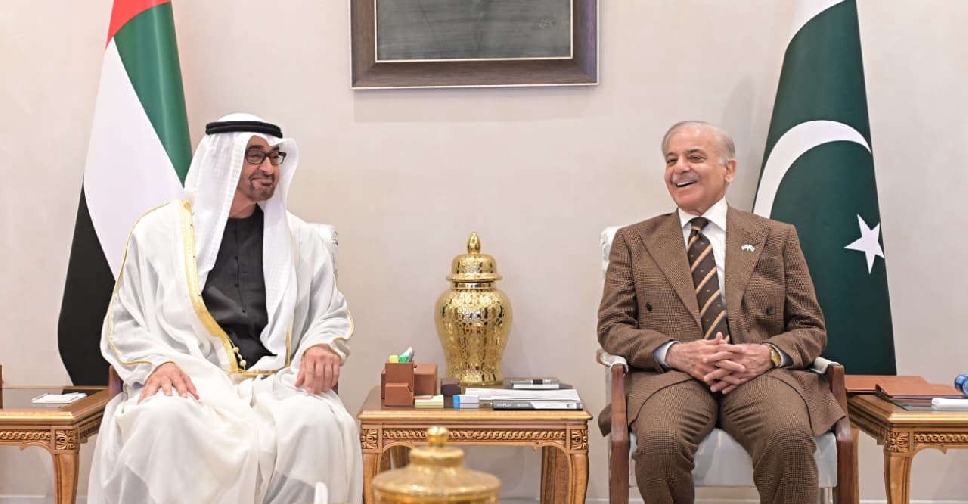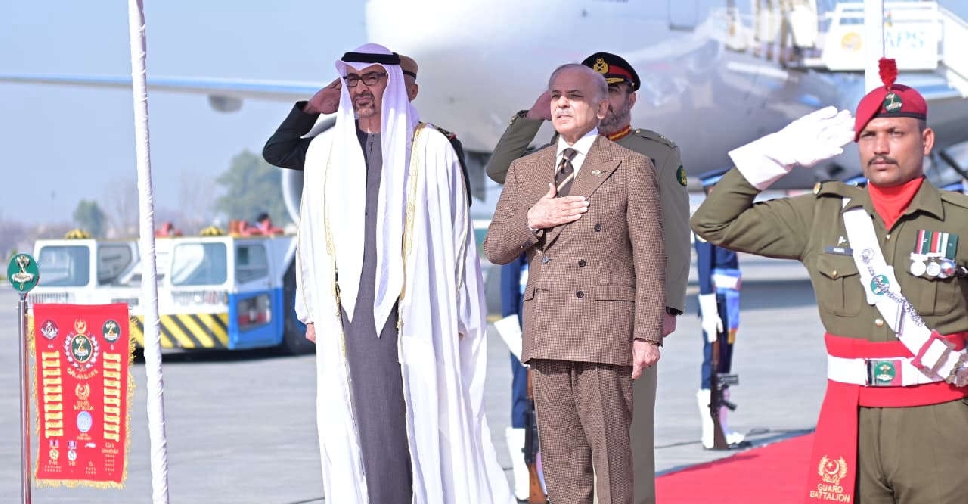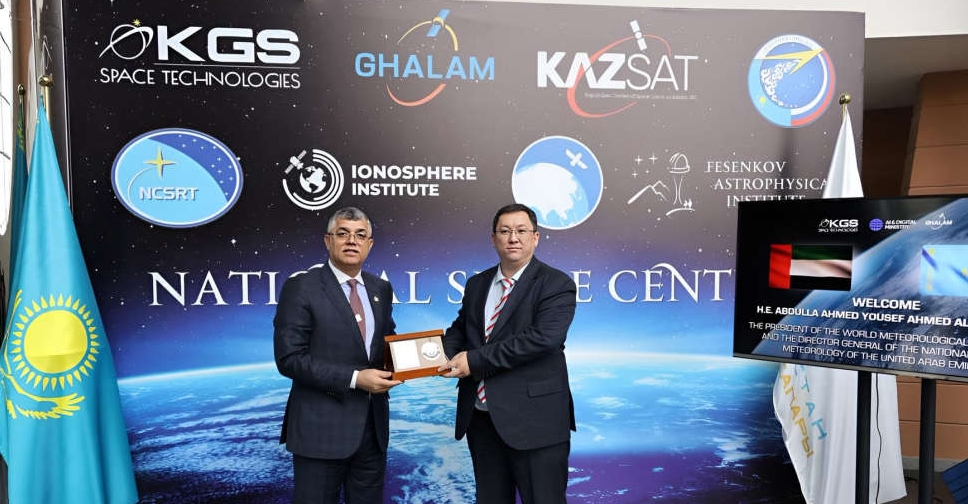
The UAE and Kazakhstan have signed a Memorandum of Cooperation aimed at exchanging vital meteorological and radar data, and launching a joint pilot project for cloud seeding in Kazakhstan.
The Memorandum represents a major step forward in strengthening global climate and water security.
Dr. Abdulla Al Mandous, President of the World Meteorological Organisation (WMO) and Director-General of the UAE National Centre of Meteorology, who signed the document, affirmed the UAE plays a leading role in accelerating the implementation of the “Early Warnings for All” initiative, launched by Secretary-General António Guterres, which aims to ensure that all people worldwide have access to accurate and comprehensive early warning services by 2028, at both regional and global levels, through sharing expertise, supporting national capacity-building in developing countries, and expanding smart multi-hazard systems.
He added that investment in climate monitoring infrastructure directly translates into stronger societal and economic security.
Dr Mandous also met with Amanat Umbetbayev, Board Member of Kazakhstan’s National Space Centre, during his visit to the Center’s headquarters in Astana.
The meeting addressed opportunities to strengthen cooperation between the UAE and Kazakhstan in areas such as space observation, satellite programs, atmospheric data analysis, and weather forecasting. Both sides emphasised the importance of exchanging expertise and modern technologies to build capacities in addressing extreme climate events, and agreed on the need to develop joint programmes that expand observation networks to support sustainable development in Central Asia and the region.
The Kazakh side provided a comprehensive overview of the history of the National Space Centre and its achievements in launching satellites and advancing space research, as well as its future plans to expand observation capabilities to promote scientific knowledge and sustainable growth.
Dr. Al Mandous outlined the WMO’s space programme, underlining the pivotal role satellites play in monitoring climate, forecasting weather, and enhancing early warning systems against extreme events. He noted the UAE possesses advanced expertise in satellite technologies, weather radars, and artificial intelligence applications in meteorology, which position it as a strategic partner for future regional projects.
He stressed that the integration of space science and meteorology is a cornerstone for strengthening global climate security, affirming that cooperation between the UAE and Kazakhstan will help advance early warning initiatives and multi-hazard forecasting, thereby contributing positively to the protection of lives and property and the achievement of the Sustainable Development Goals.
Dr. Al Mandous also highlighted that the UAE’s National Centre of Meteorology has become a regional model in developing monitoring and analytical systems, through expanding its radar and observation networks and adopting AI algorithms to improve both short- and long-term forecast accuracy, enhancing the country’s ability to provide accurate and timely data to support climate and community security.
He further pointed to the importance of the recent international workshop hosted by the NCM on the use of artificial intelligence in weather forecasting, which brought together experts from the public and private sectors, academia, WMO modeling centers, national meteorological and hydrological services, and the WMO Scientific Advisory Panel.
The meeting concluded with both parties affirming that cooperation between the WMO and Kazakhstan’s National Space Centre represents a model of regional integration in facing climate challenges and opens new horizons for developing advanced space and meteorological systems that strengthen climate security, in line with UAE Vision 2031, which aims to harness technology and innovation to serve humanity and build a sustainable and secure future for generations to come.
The visit coincided with Dr. Al Mandous’s participation in the Digital Bridge 2025 Forum in Astana, where he expressed his honour to join global leaders and innovators at such a significant international event. In his panel intervention, he underlined that artificial intelligence is revolutionising meteorology by transforming vast data streams into accurate forecasts that save lives and strengthen resilience.
He also highlighted the urgent need for international cooperation, explaining that climate challenges such as extreme heat and floods can only be addressed collectively through digital technologies and early warning systems. He noted that AI will not only help humanity adapt to climate change but also open new pathways for sustainable economic growth and resilient infrastructure, stressing that the next 15 to 20 years will witness a fundamental transformation in how the world understands and manages the climate system thanks to digital technologies.



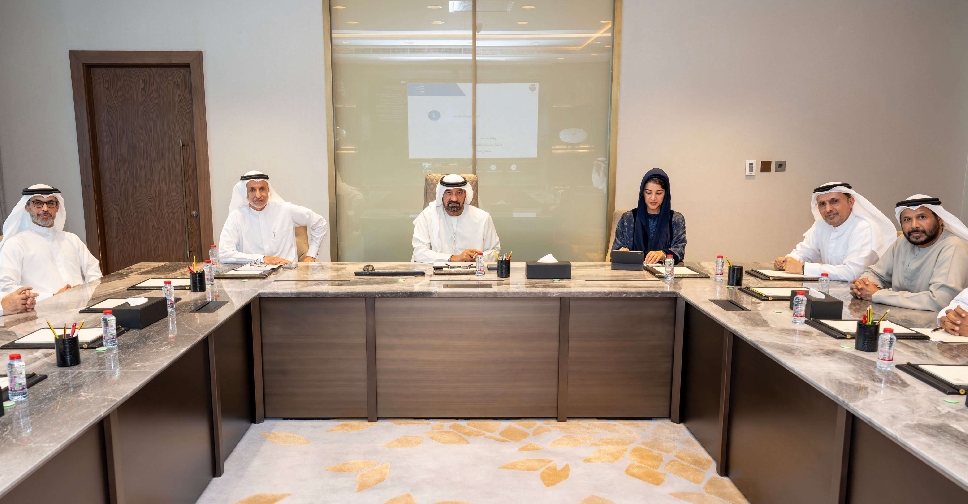 Dubai Free Zones Council reviews efforts to boost investor experience
Dubai Free Zones Council reviews efforts to boost investor experience
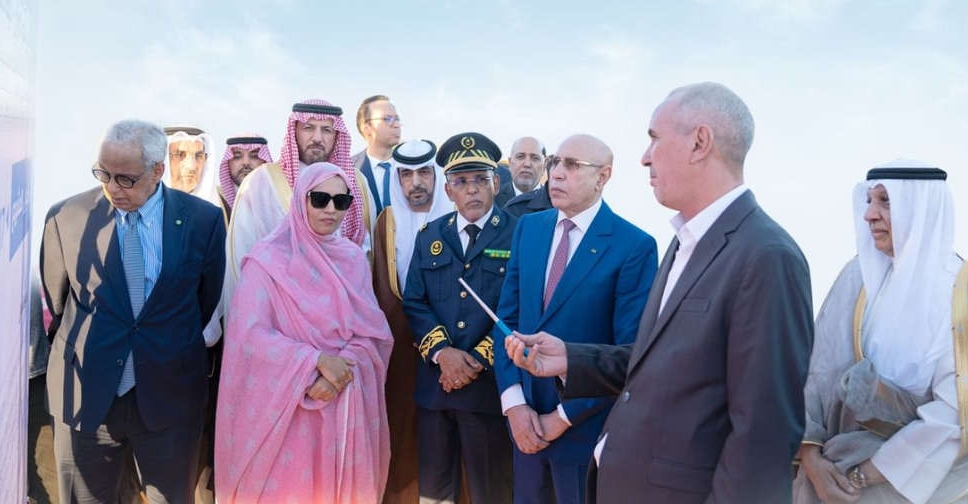 ADFD finances project to enhance water security in Mauritania
ADFD finances project to enhance water security in Mauritania
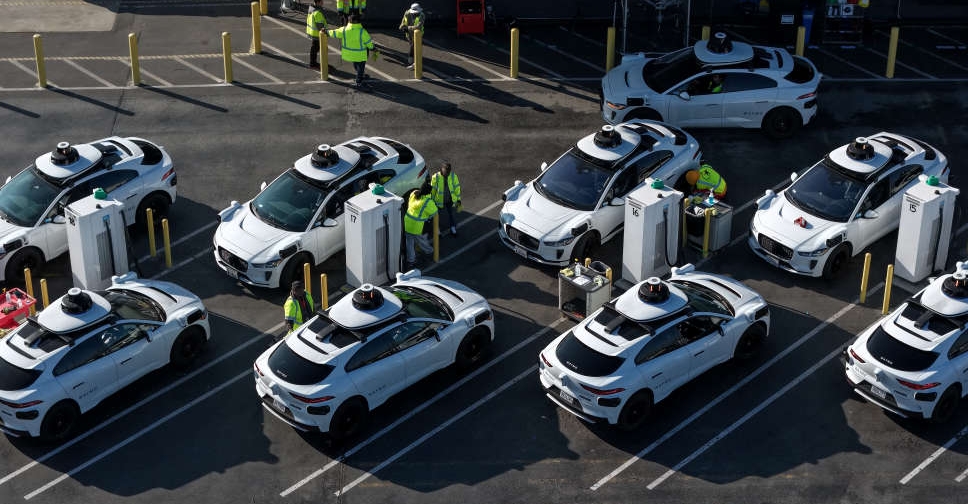 Waymo to update software after power outage snarls self-driving vehicles
Waymo to update software after power outage snarls self-driving vehicles
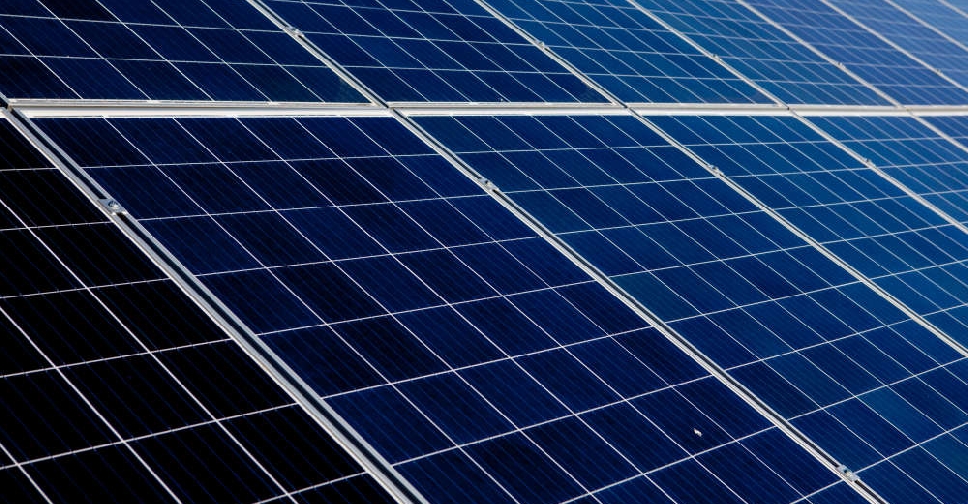 Masdar to develop Southeast Asia’s largest floating solar plant
Masdar to develop Southeast Asia’s largest floating solar plant
 New York Times reporter sues Google, xAI, OpenAI over chatbot training
New York Times reporter sues Google, xAI, OpenAI over chatbot training
